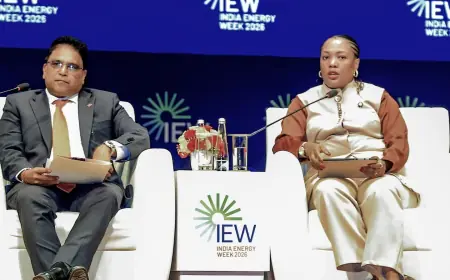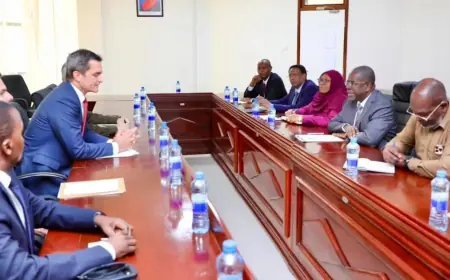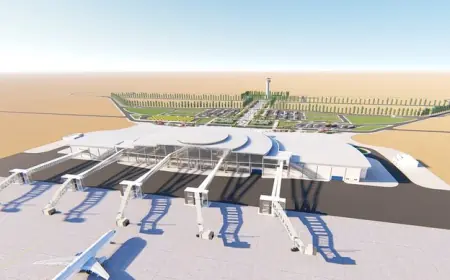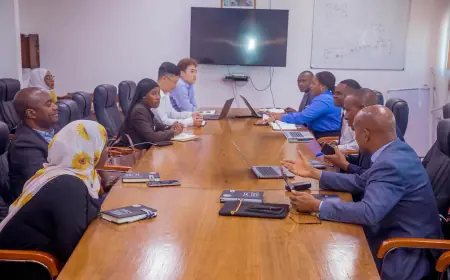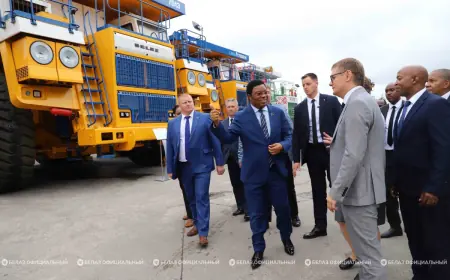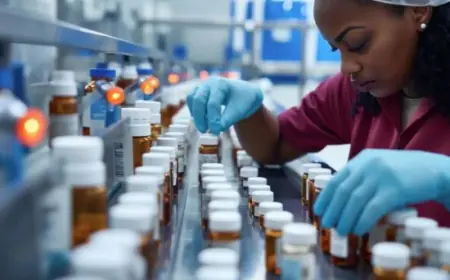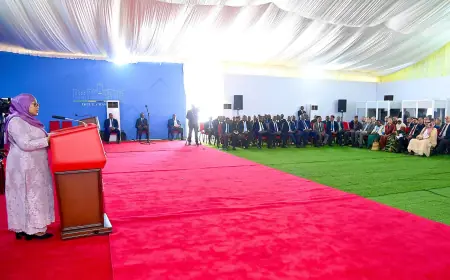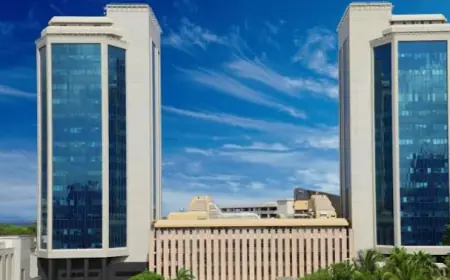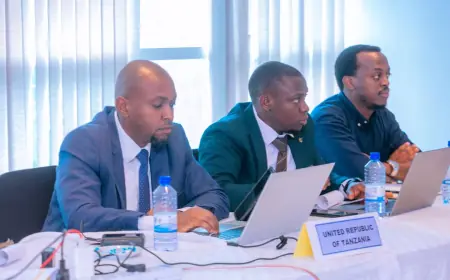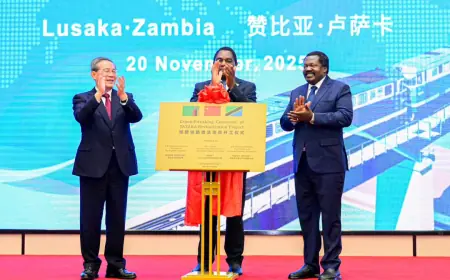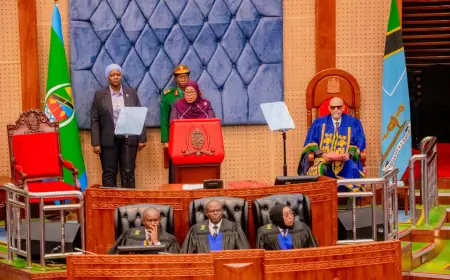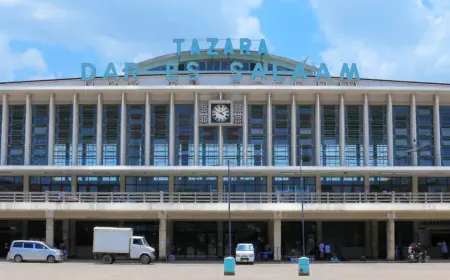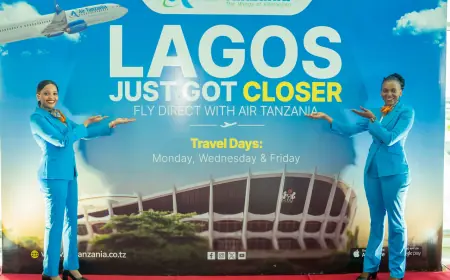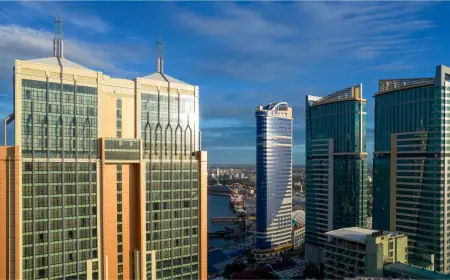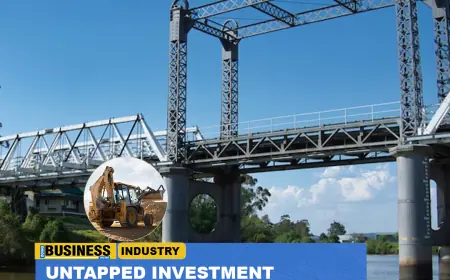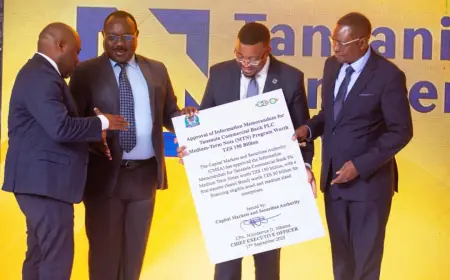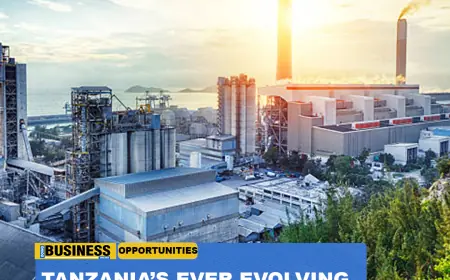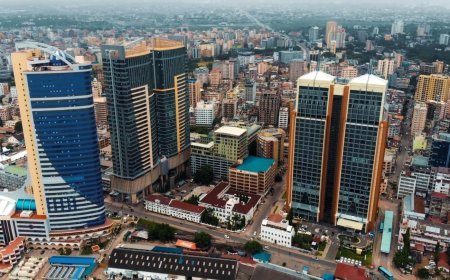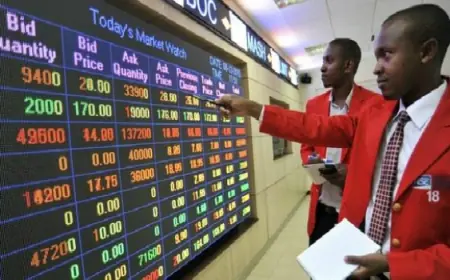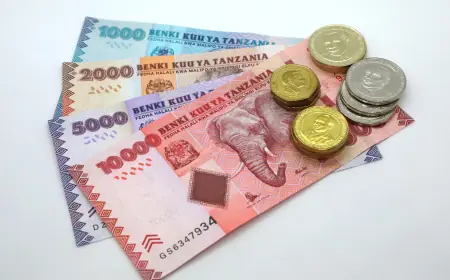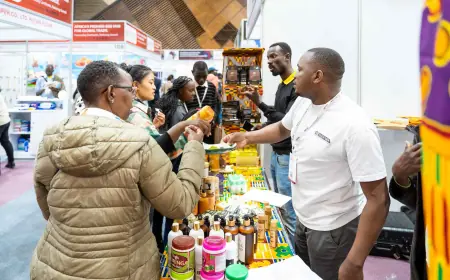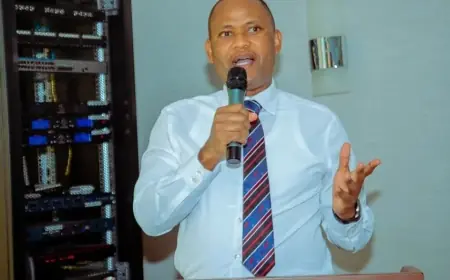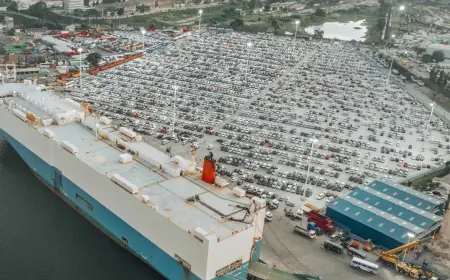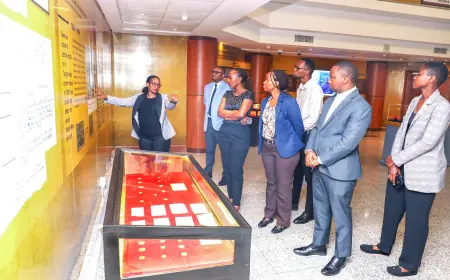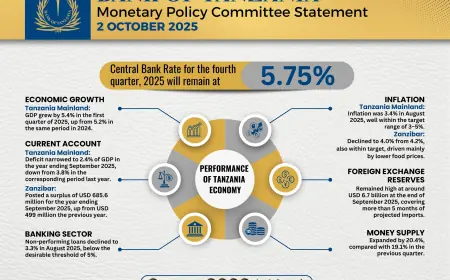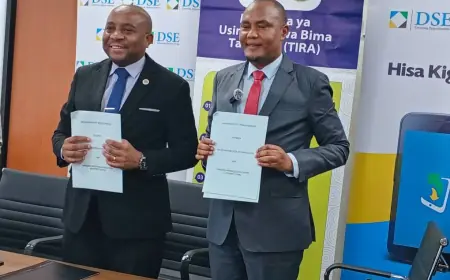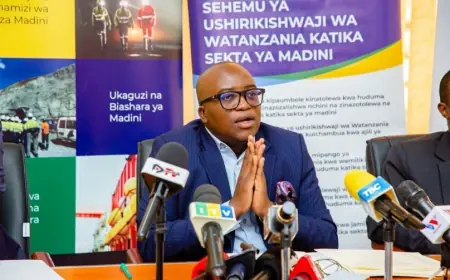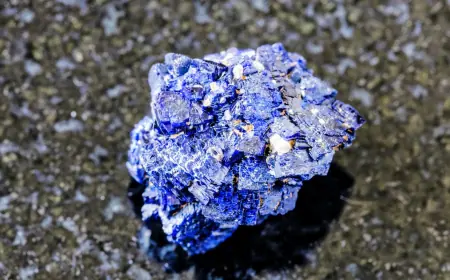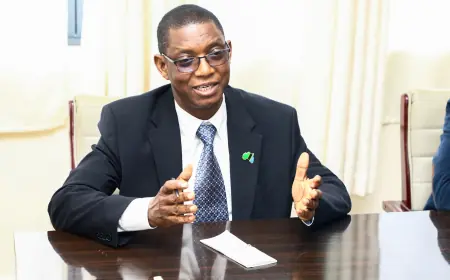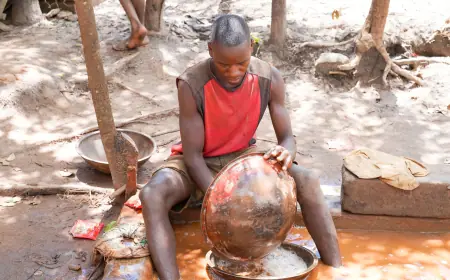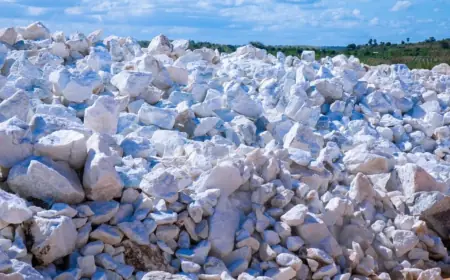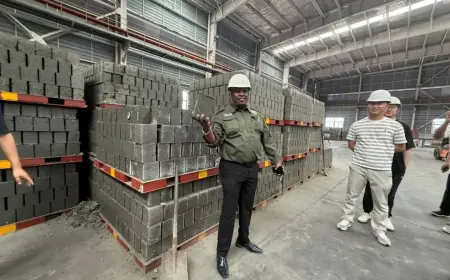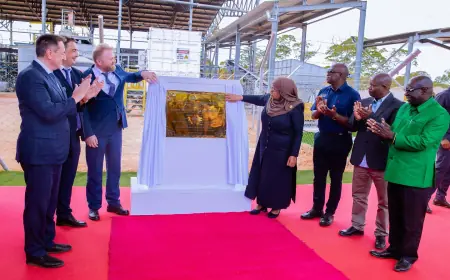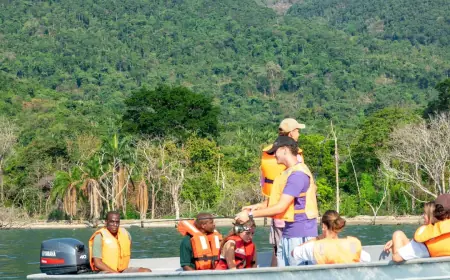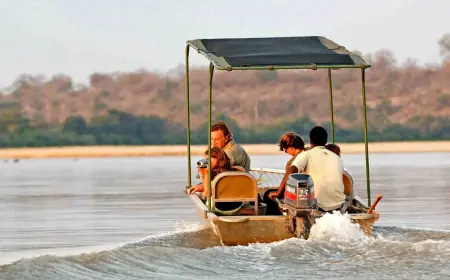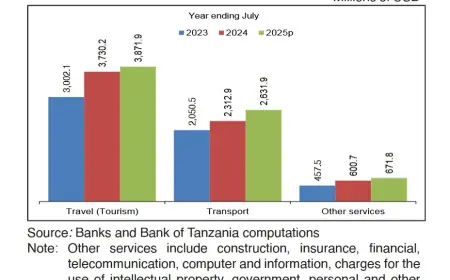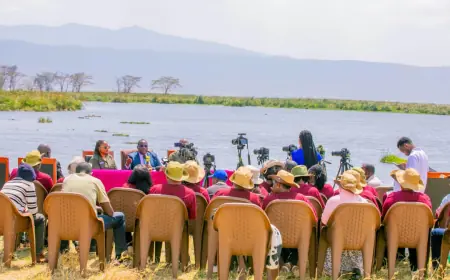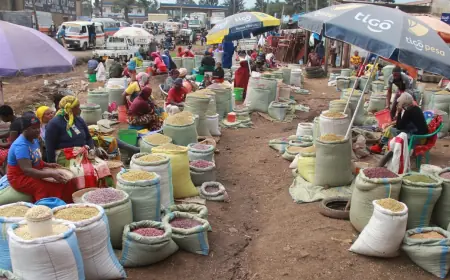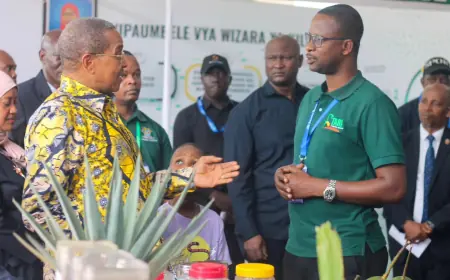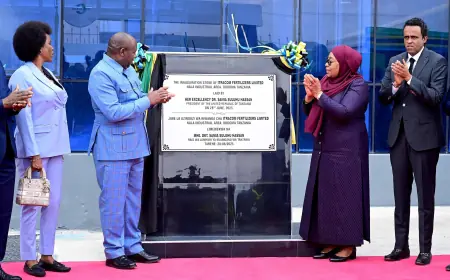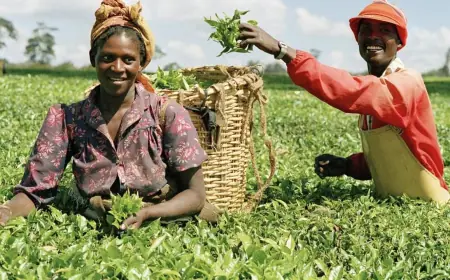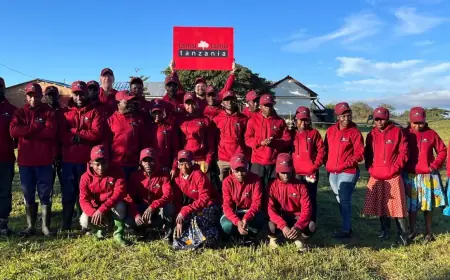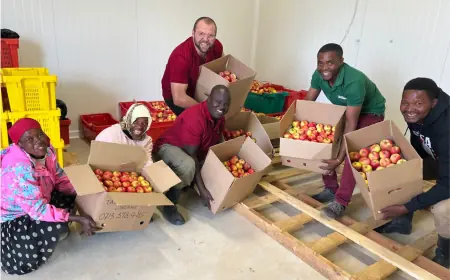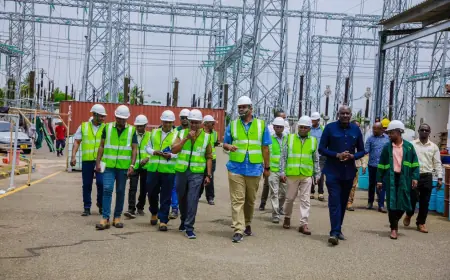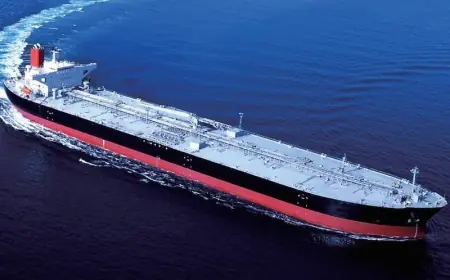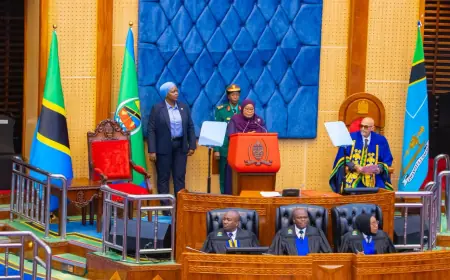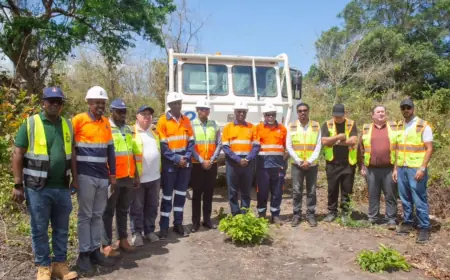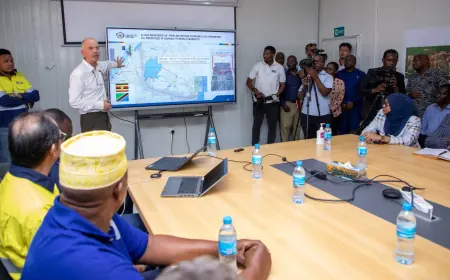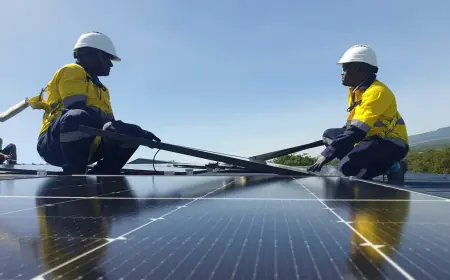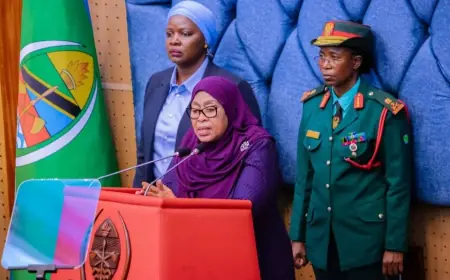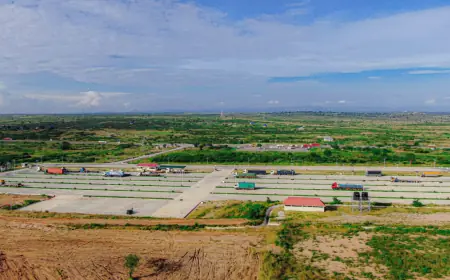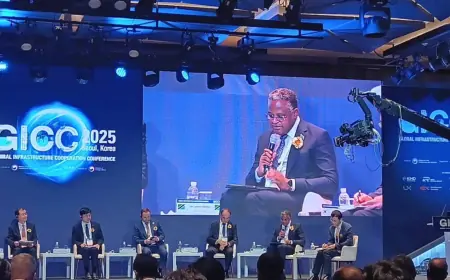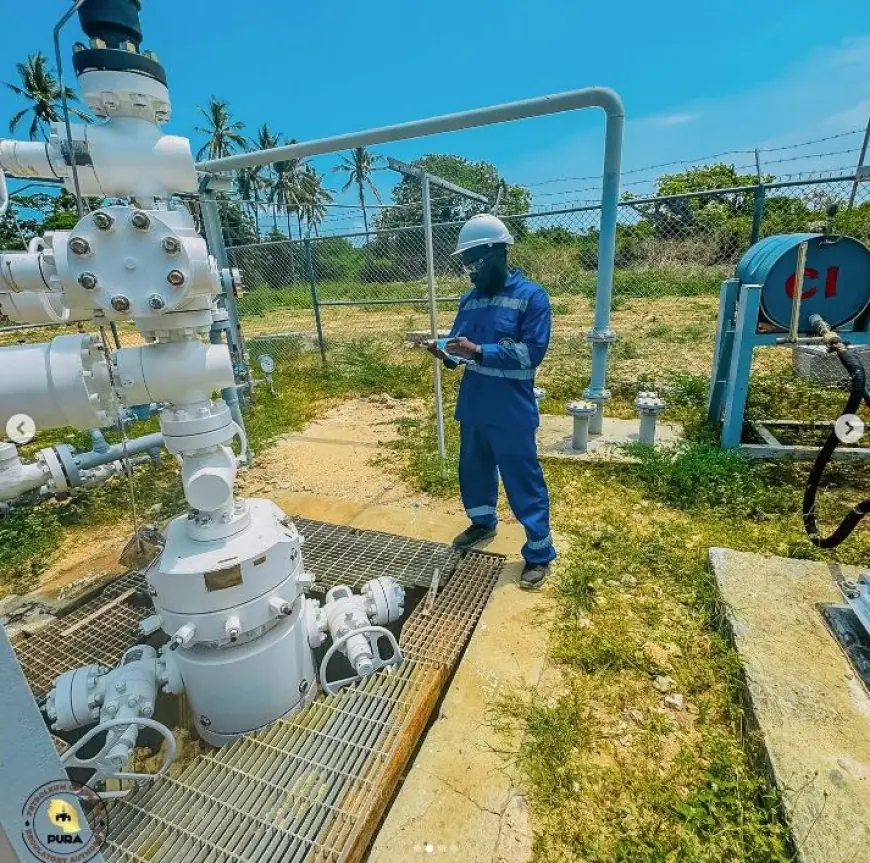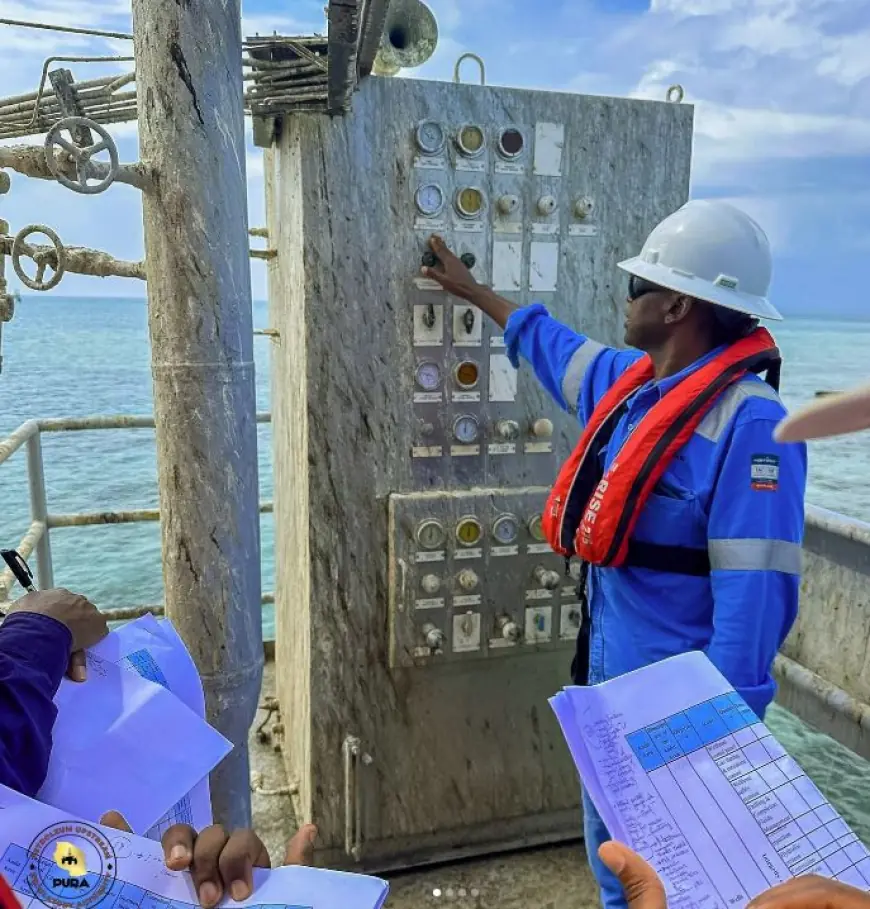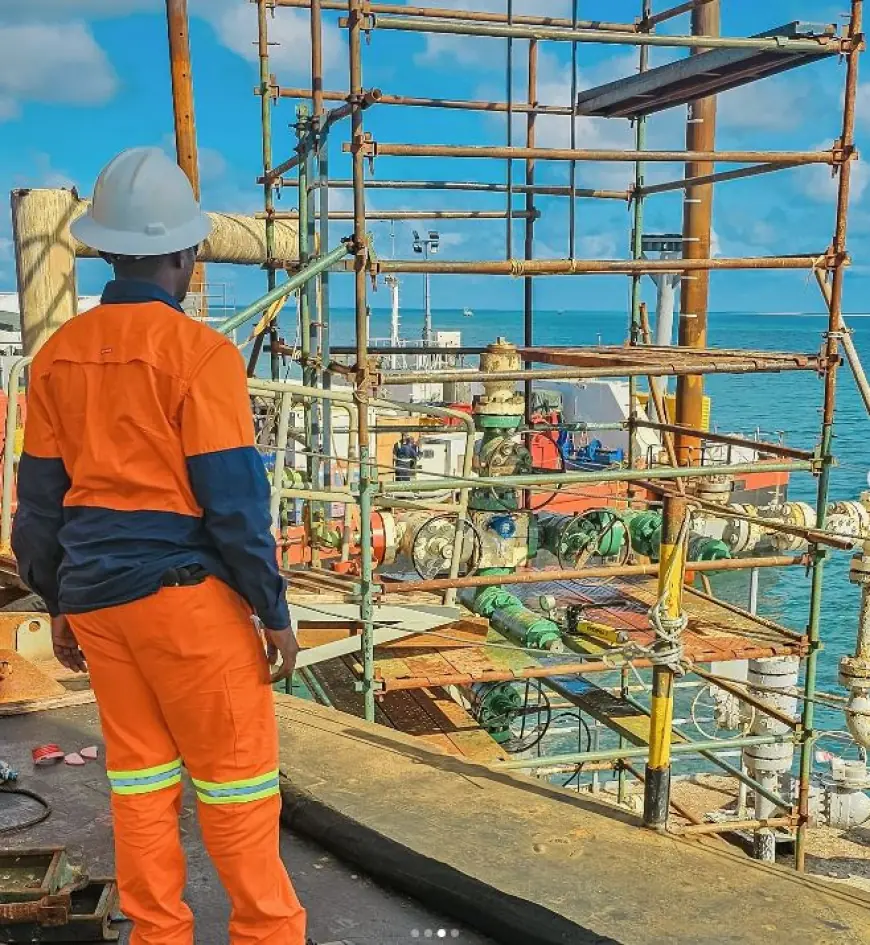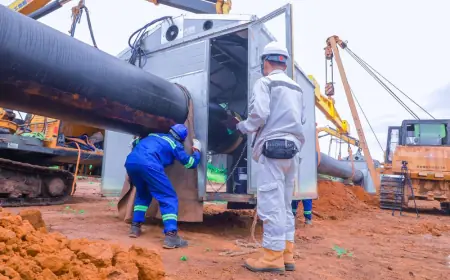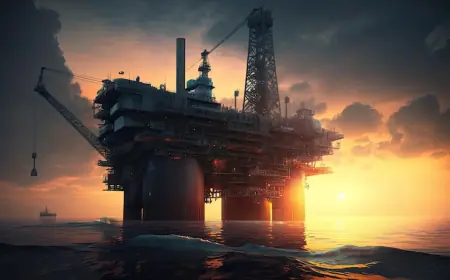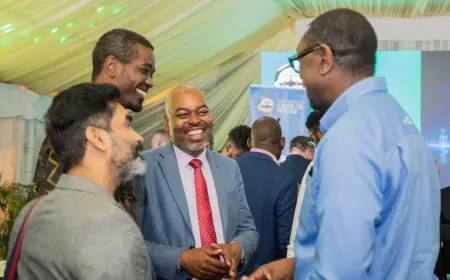Three gas wells to be drilled at Mnazi Bay in Tanzania after a 10-year hiatus
The wells are expected to boost daily natural gas production from Mnazi Bay by more than 30 million standard cubic feet, further consolidating the block’s strategic role in powering Tanzania’s energy and industrial sectors
Dar es Salaam. The government has announced plans to commence the drilling of three new natural gas wells at the Mnazi Bay block in Mtwara Region this November.
This will be the first drilling activity at the block in ten years, following the last well drilled in 2015.
The wells are expected to boost daily natural gas production from Mnazi Bay by more than 30 million standard cubic feet, further consolidating the block’s strategic role in powering Tanzania’s energy and industrial sectors.
Speaking on June 26, 2025, during the opening of a workshop for contractors involved in the drilling works, the representative of the Director General of the Petroleum Upstream Regulatory Authority (PURA), Mr Charles Nyangi, described the development as a testament to the government’s renewed commitment to growing the oil and gas sub-sector.
“As highlighted, the last well at Mnazi Bay was drilled in 2015. A decade later, we are set to write a new chapter by drilling new wells. The Sixth Phase Government under President Dr Samia Suluhu Hassan has taken practical steps to advance the country’s oil and gas sector,” Mr Nyangi said.
He also recalled a milestone reached in 2024, when the government facilitated an increase in the Tanzania Petroleum Development Corporation’s (TPDC) participation in the Mnazi Bay block from 20 to 40 percent—a move that strengthened the national oil company’s decision-making and operational presence.
On local participation, Mr Nyangi reaffirmed PURA’s commitment to ensuring that Tanzanians and local service providers are fully engaged in the project.
Currently, Mnazi Bay hosts five gas-producing wells with a daily output ranging between 90 and 100 million standard cubic feet.
The additional wells are anticipated to enhance supply for electricity generation, industrial use, household consumption, and transportation.
PURA has reported significant progress in oil and gas exploration, development, and production over the past four years.
According to PURA director general Charles Sangweni, notable achievements include the issuance of a development licence for the Ntorya discovery area and the rehabilitation of five production wells, which has reinforced national gas output.
In another development, seismic data acquisition was conducted in the Ruvu and Ruvuma blocks, and preliminary geological, geophysical and geochemical studies have been undertaken as part of the broader petroleum exploration efforts.
PURA also strengthened its regulatory oversight, including the auditing of production sharing agreements and cost recoveries.
Between March 2021 and March 2025, natural gas production reached 301.33 billion standard cubic feet.
Sangweni further revealed that PURA enabled the recovery of over Sh340 billion to the government’s revenue-sharing account from contract audits.
Tanzanian participation in upstream petroleum operations has also grown significantly, owing to robust regulatory supervision.
In a related development, PURA, the Zanzibar Petroleum Regulatory Authority (ZPRA), and Uganda’s Petroleum Authority (PAU) have signed a Memorandum of Understanding (MoU) to foster collaboration in oil and gas activities across East Africa.
The agreement was signed on June 17, 2025, in Entebbe, Uganda, and witnessed by senior officials including the Chairperson of PURA’s Board, Mr Halfan Halfan; PAU Board Chairperson Ms Lynda Biribonwa; PURA Director General Eng. Charles Sangweni; PAU Executive Director Eng. Ernest Rubondo; and ZPRA Executive Director Eng. Muhammed Said.
Under the MoU, the three regulators agreed to work together in managing petroleum resources, sharing petroleum data, auditing costs, and enhancing citizen participation.
Other areas of cooperation include health, safety and environmental management, and the development of petroleum-related legislation and guidelines.
Mr Halfan emphasised the importance of institutional capacity building and knowledge exchange among regulators, stating that the agreement would strengthen the region’s upstream sector.
Ms Biribonwa echoed the sentiment, stressing the importance of collaboration among regulators to ensure sustainable development of petroleum resources in East Africa.
What's Your Reaction?
 Like
0
Like
0
 Dislike
0
Dislike
0
 Love
0
Love
0
 Funny
0
Funny
0
 Angry
0
Angry
0
 Sad
0
Sad
0
 Wow
0
Wow
0
